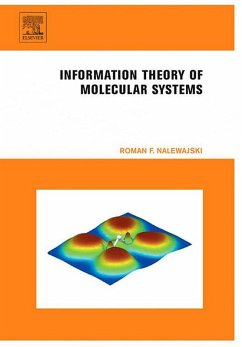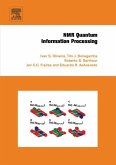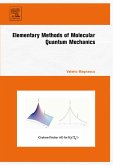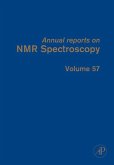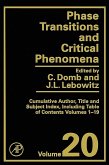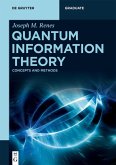The book starts by introducing the basic concepts of modern electronic structure/reactivity theory based upon the Density Functional Theory (DFT), followed by an outline of the main ideas and techniques of IT, including several illustrative applications to molecular systems. Coverage includes information origins of the chemical bond, unbiased definition of molecular fragments, adequate entropic measures of their internal (intra-fragment) and external (inter-fragment) bond-orders and valence-numbers, descriptors of their chemical reactivity, and information criteria of their similarity and independence.
Information Theory of Molecular Systems is recommended to graduate students and researchers interested in fresh ideas in the theory of electronic structure and chemical reactivity.
·Provides powerful tools for tackling both classical and new problems in the theory of the molecular electronic structure and chemical reactivity
·Introduces basic concepts of the modern electronic structure/reactivity theory based upon the Density Functional Theory (DFT)
·Outlines main ideas and techniques of Information Theory
Dieser Download kann aus rechtlichen Gründen nur mit Rechnungsadresse in A, B, BG, CY, CZ, D, DK, EW, E, FIN, F, GR, HR, H, IRL, I, LT, L, LR, M, NL, PL, P, R, S, SLO, SK ausgeliefert werden.

